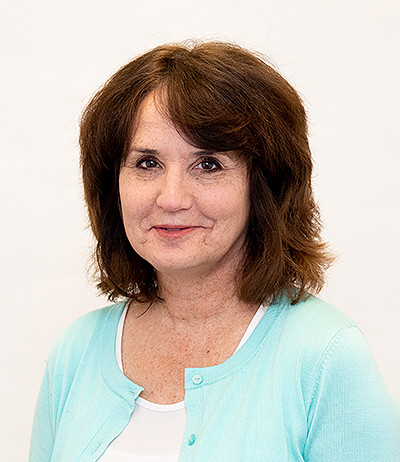Q: “What major changes have been made at your dealership in the last 10 years?”
A. “This dealership is the result of the acquisition and consolidation of four previous companies. Changing the culture to one focused on profits and reaching goals has required setting benchmarks and communicating those to our 6 locations and each department in a consistent manner. To do that, we adopted a performance scoreboard system focusing on industry best practices and balanced in five major areas. Our performance scoreboards focus on market share/revenue growth, financial performance/department profits, employee productivity, asset management and customer satisfaction.
“We set goals in each of these five critical variables within each department. Then we work on tracking those goals with financial measures, productivity performance and other objective measures, which our people know have good transparency.
“Even with all this, we still have to teach many managers what the measures are, how to influence them and make progress. In the acquisition of additional locations, we also have not always achieved the levels of performance that we want, but our people know what is expected and they keep working to reach the targets. Of course, being proud of your people and letting them know they are actually the ones making the progress to those goals helps keep morale up.”
— George M. Keen, New Virginia Tractor, Charlottesville, Va.
A. “We took the hassle out of pricing. We took the negotiating out of buying equipment. You don’t go to the grocery store or other retail stores and negotiate, so why should equipment sales be any different? Most importantly, it saves time for the customer and salesman — no more wasting time trying to dicker down to the last dollar. That added time can be spent upselling added features or equipment or, more importantly, educating the customer on the equipment they are purchasing, so they can get the most value out of it. It’s the way we like to buy and it’s the way we like to sell. You know you’re getting the best deal the minute you come into our dealership.”
— Doug Vahrenberg, Vahrenberg Implement, Higginsville, Mo.
A. “I took over the dealership in June 2013. I started here 19 years before that, sweeping the floors until moving up through the ranks, so I have good knowledge of this dealership that has been family owned for 70 years. We were CNH, Kubota, Kuhn Krause, Land Pride and Hardi, plus many quality hay shortlines. I revamped the ‘front row’ display that has the second largest highway in Ontario running out front — outstanding traffic. I then ordered probably five times our ever largest inventory — you can't sell from an empty shelf — and I got rid of our complacent salesman of 25 years.
“I gave everyone a memo that had three questions on it to return to me in confidence. It said: 1) What are your three best qualities at work? 2) What are your three worst qualities at work? 3) What are three things you would like to see change at your work? I learned a lot and implemented many little changes that meant a lot to them and it really did not involve any monetary issues.
“I hired our truck driver of 18 years to be our on-the-road salesperson. He came here right out of high school and all the customers love him. He outsold the old salesman in his first year by 50%. The first year I took over, we went from $3.5 million to $5 million. I thought it was a fluke, but I kept up the heavy ordering this year and we went to $6 million and we are heading into our busiest winter in terms of service, with new staff in that department as well.
“In this timeframe, we also let go of our CNH contract, which we had since 1945. CNH had allowed other dealers to move into our territory, so five of us were competing for the same customers. This was crushing our profits in sales and parts/service, while we were being ‘nickel and dimed’ on computer software, tools, subscriptions and poor terms. We concentrated on one brand, Kubota, and pushed our Kuhn Krause and popular shortlines that CNH would frown on. A lot of our changes met the needs of our markets and we stopped being dictated to by a large OEM.
“We were not rocket scientists. We just made some changes that fit our market customers and got rid of a bad apples that were spoiling the basket.”
— Jody Howe, Ross Doble, Sunderland, Ontario
A. “We have had exponential growth and the key to maintaining process and engagement in that model has been to hire, train and develop key divisional managers that are capable of running their own mini-organizations within the larger Van Wall dealership system.
“These would include corporate parts manager, corporate service manager, location managers, controller/CFO, human resources manager and sales administrator. In addition, the budget to actual figures have to be very inclusive and discussed monthly by location. At the same time, all employees need to know how their department and location is doing compared to budget, so they can accept accountability.”
—Don Van Houweling, Van Wall Equipment, Ankeny, Iowa




